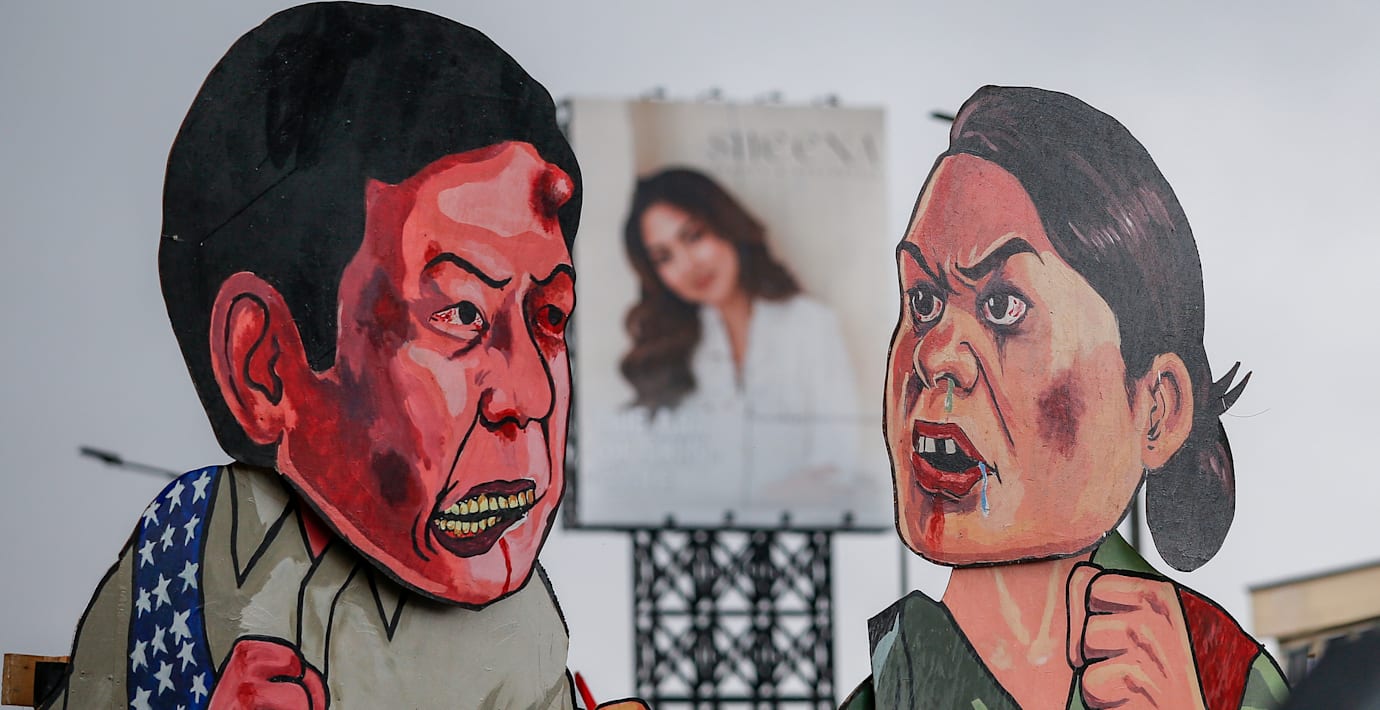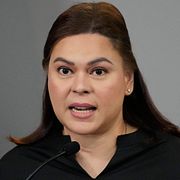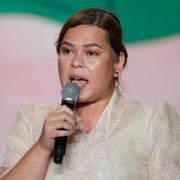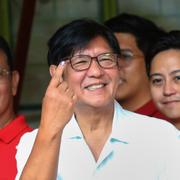bakgrund
Ferdinand Marcos
Wikipedia (en)
Ferdinand Emmanuel Edralin Marcos Sr. (September 11, 1917 – September 28, 1989) was a Filipino lawyer, politician, dictator and kleptocrat who served as the tenth president of the Philippines from 1965 to 1986. Marcos ruled the country under martial law from 1972 to 1981, and with vastly expanded powers under the 1973 Constitution until he was deposed by a nonviolent revolution in 1986. Marcos described his rule's philosophy as "constitutional authoritarianism": 414 under his Kilusang Bagong Lipunan (New Society Movement). One of the most controversial figures in Filipino history, Marcos's regime was infamous for its corruption, extravagance, and brutality.
Marcos gained political success by claiming to have been the "most decorated war hero in the Philippines", but many of his claims have been found to be false, with United States Army documents describing his wartime claims as "fraudulent" and "absurd". After World War II, he became a lawyer, and then served in the Philippine House of Representatives from 1949 to 1959 and the Philippine Senate from 1959 to 1965. He was elected president of the Philippines in 1965 and presided over an economy that grew during the beginning of his 20-year rule but would end in the loss of livelihood, extreme poverty for almost half the Philippine population, and a crushing debt crisis. He pursued an aggressive program of infrastructure development funded by foreign debt, making him popular during his first term, although it triggered an inflationary crisis which led to social unrest in his second term. Marcos placed the Philippines under martial law on September 23, 1972, shortly before the end of his second term. Martial law was ratified in 1973 through a fraudulent referendum. The constitution was revised, media outlets were silenced, and violence and oppression were used against the political opposition, Muslims, suspected communists, and ordinary citizens.
After being elected for a third term in the 1981 presidential election and referendum, Marcos's popularity suffered greatly, due to the economic collapse that began in early 1983 and the public outrage over the assassination of opposition leader Senator Benigno "Ninoy" Aquino Jr. later that year. This discontent, the resulting resurgence of the opposition in the 1984 parliamentary election, and the discovery of documents exposing his financial accounts and false war records led Marcos to call the snap election of 1986. Allegations of mass cheating, political turmoil, and human rights abuses led to the People Power Revolution of February 1986, which removed him from power. To avoid what could have been a military confrontation in Manila between pro- and anti-Marcos troops, Marcos was advised by US president Ronald Reagan through Senator Paul Laxalt to "cut and cut cleanly". Marcos then fled with his family to Hawaii. He was succeeded as president by Aquino's widow, Corazon "Cory" Aquino.
According to source documents provided by the Presidential Commission on Good Government (PCGG), the Marcos family stole US$5 billion–$10 billion from the Central Bank of the Philippines. The PCGG also maintained that the Marcos family enjoyed a decadent lifestyle, taking away billions of dollars from the Philippines between 1965 and 1986. His wife, Imelda Marcos, made infamous in her own right by the excesses that characterized her and her husband's "conjugal dictatorship", is the source of the term Imeldific. Two of their children, Imee and Bongbong, are active in Philippine politics, with Bongbong having been elected president in the 2022 presidential election. Ferdinand and Imelda Marcos held the Guinness World Record for the largest-ever theft from a government for decades, although Guinness took the record down from their website while it underwent periodic review a few weeks before the 2022 election.




